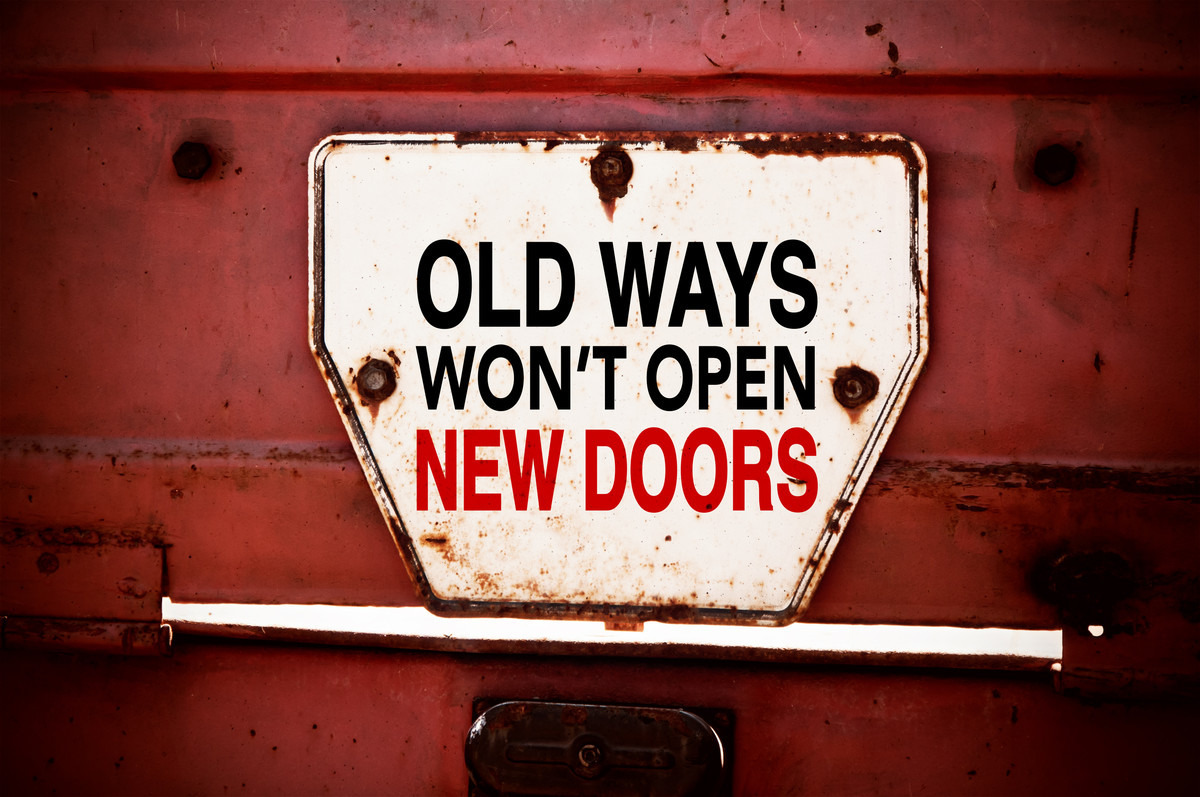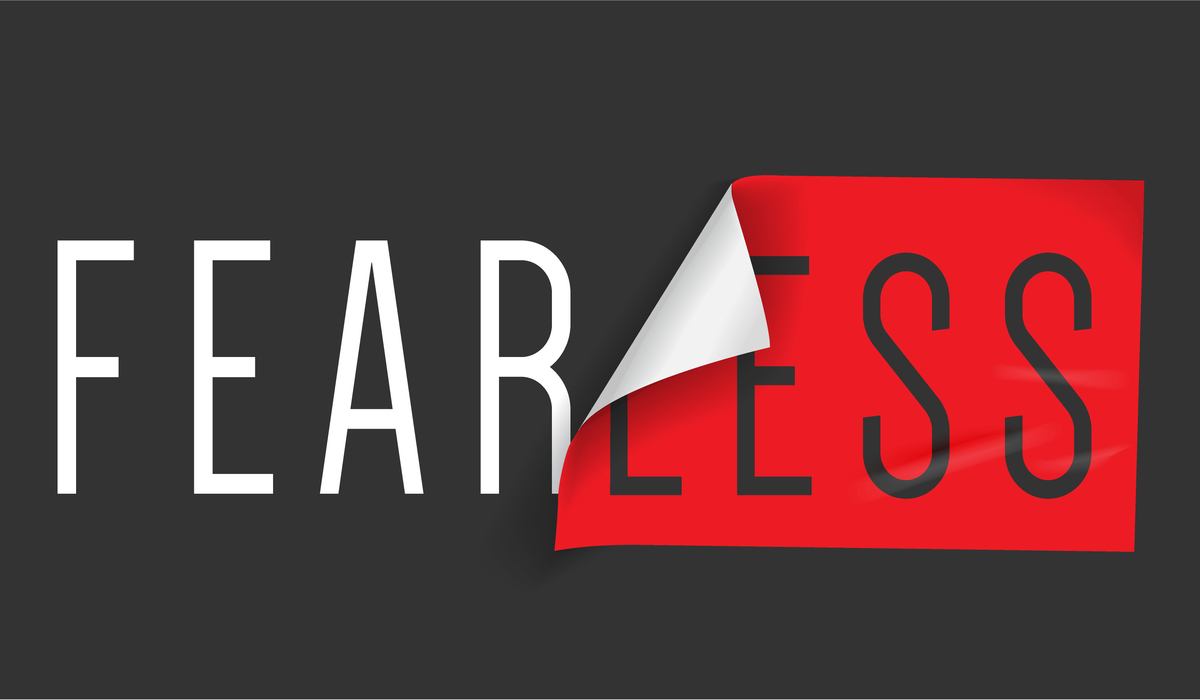
Photo: Shutterstock.
Here are a few thoughts regarding the needs and wants of your marketplace, written from their perspective.
- We’re about to find out how you react in a major emergency. Please exceed our expectations.
- We always value sincere, personal messages. But never more so than today.
- We’re eagerly looking for sources of realistic optimism. And we’re looking at you.
- We want your seed, not your need. So show us how you can help. Go easy on the sales pitches.
- We’re just like you; when people go silent on us, we soon forget them.
- We all respond differently under stress. Expect the unexpected from us and you won’t be disappointed.
- We will remember how you treated us after the crisis has passed.
Your marketplace is made up of a diverse group of people. They won’t all be focused on the exact same things. But many will be sensitive to some of those points.
This is a challenging time for everyone, including your clients and prospective clients. Your marketing needs to speak to this new reality or it will be irrelevant and ignored.


















